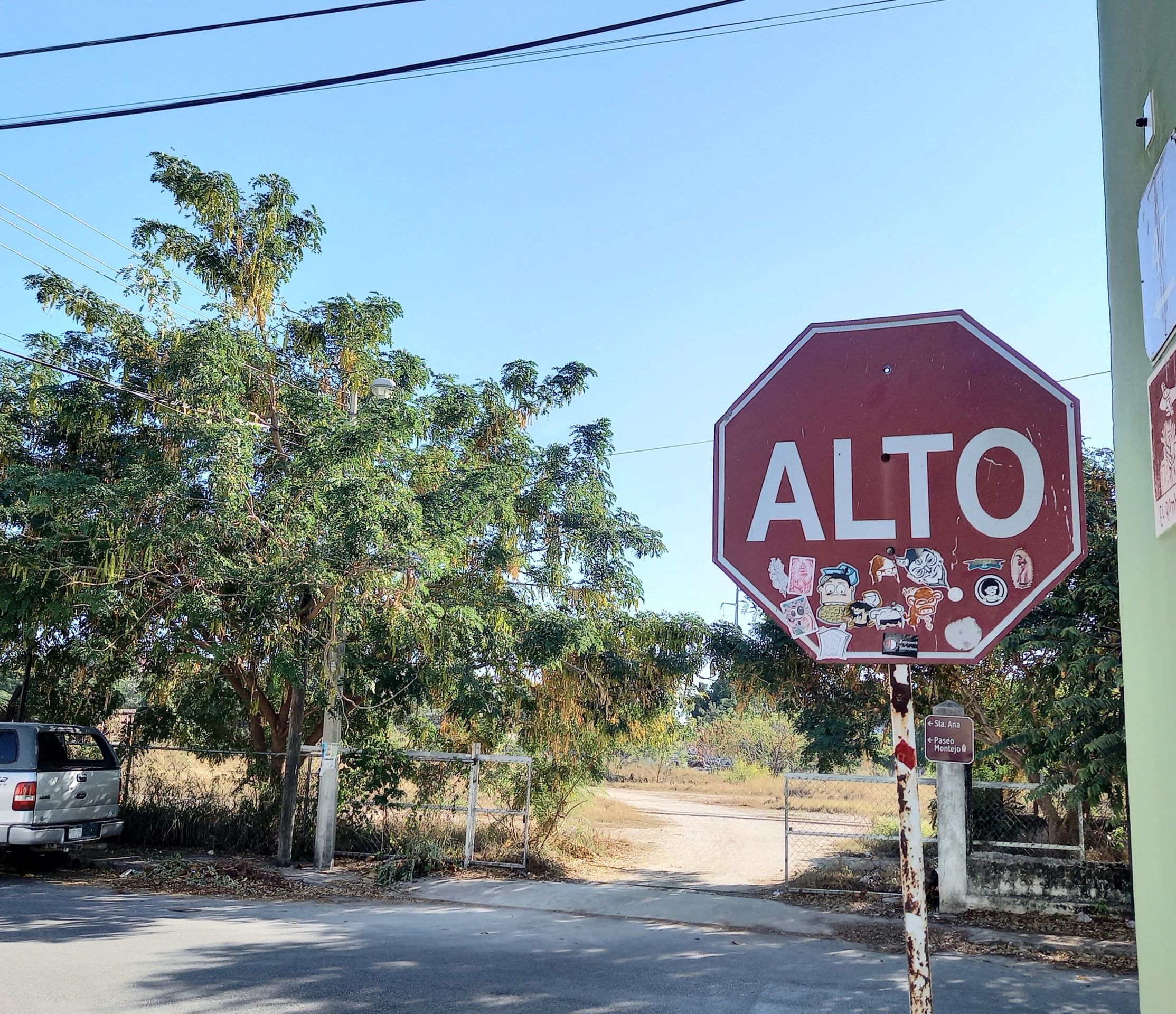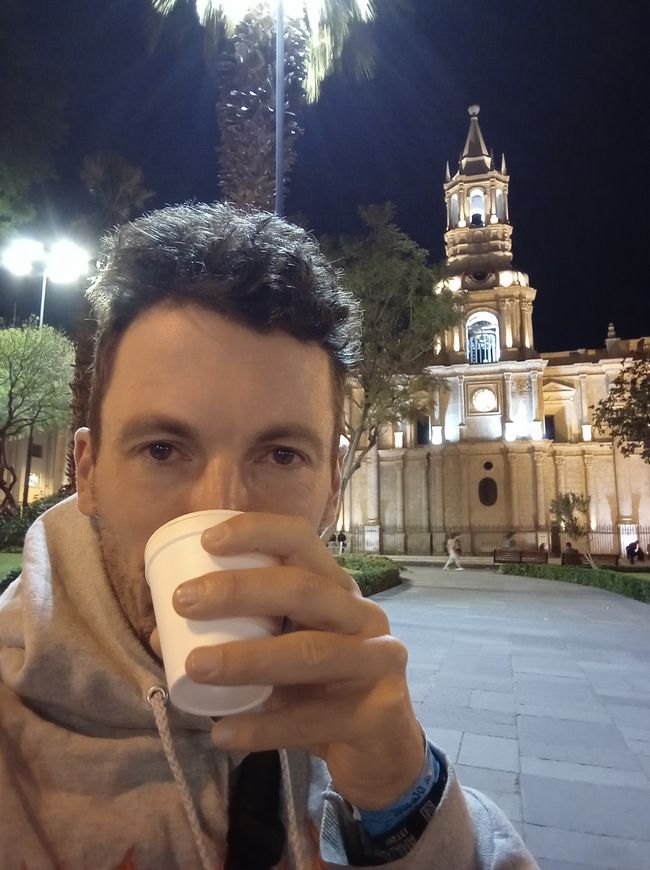Sad Tropics?
Publicēts: 08.03.2022
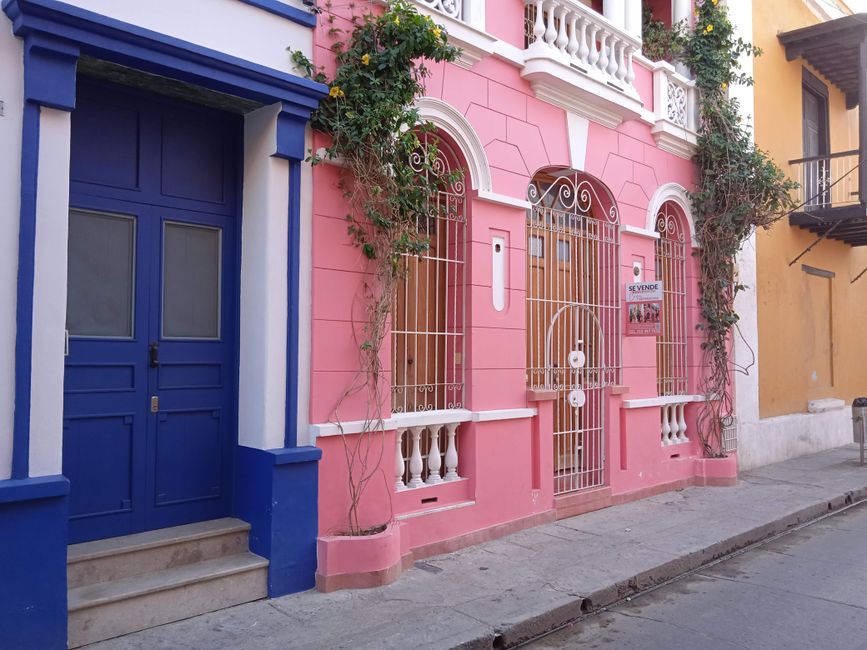
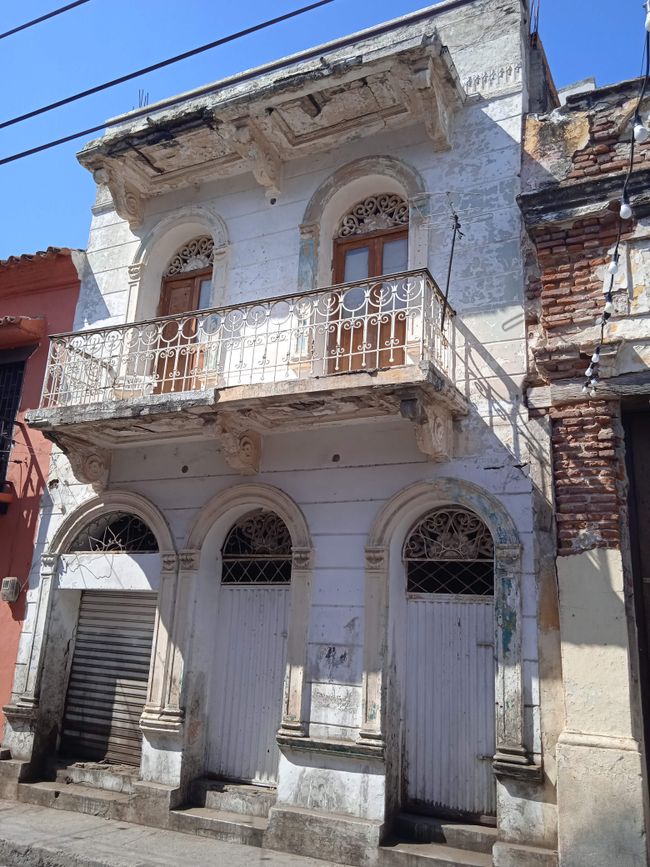
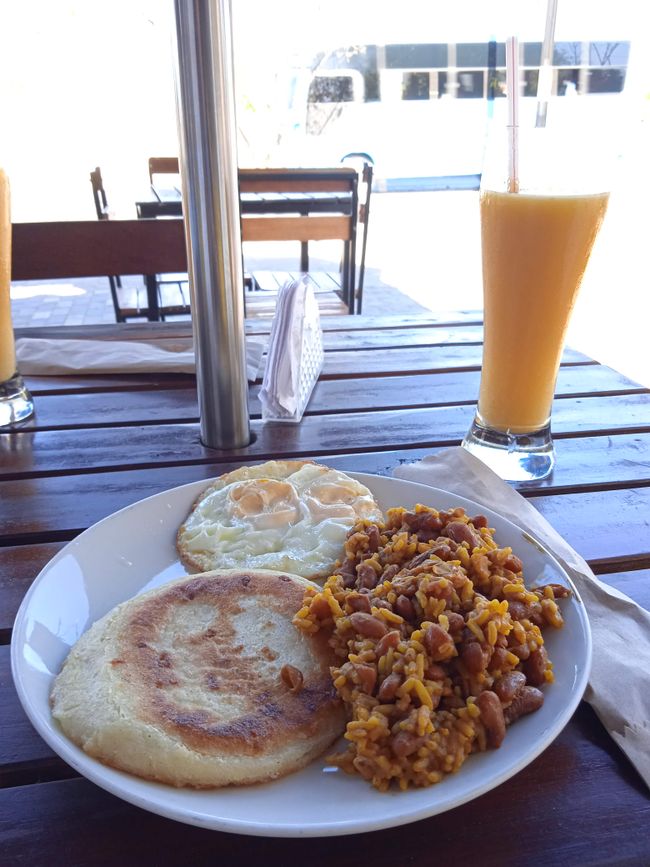
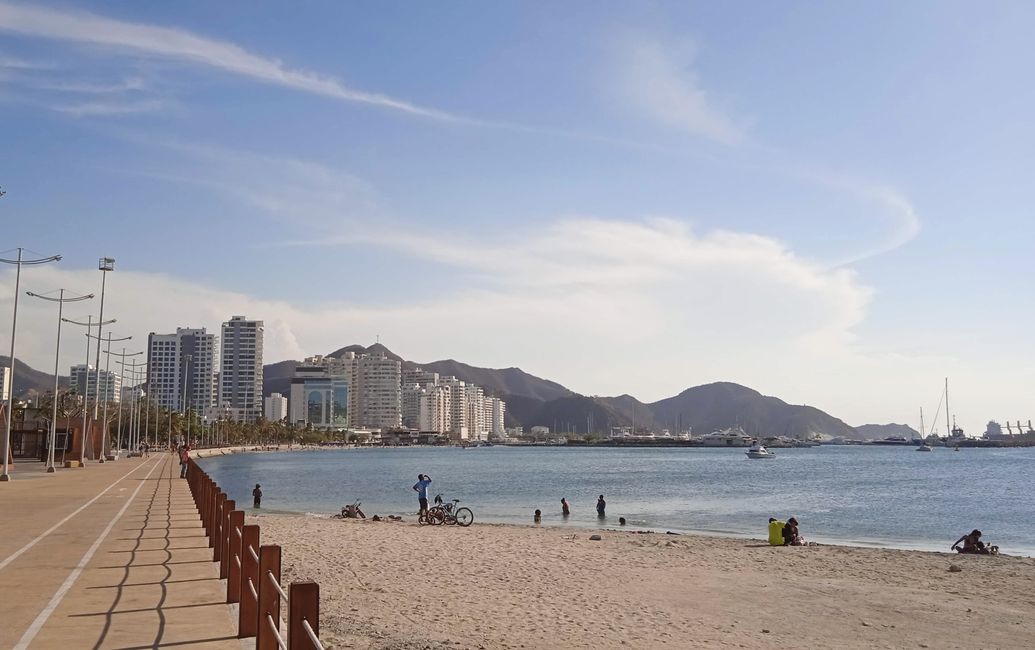
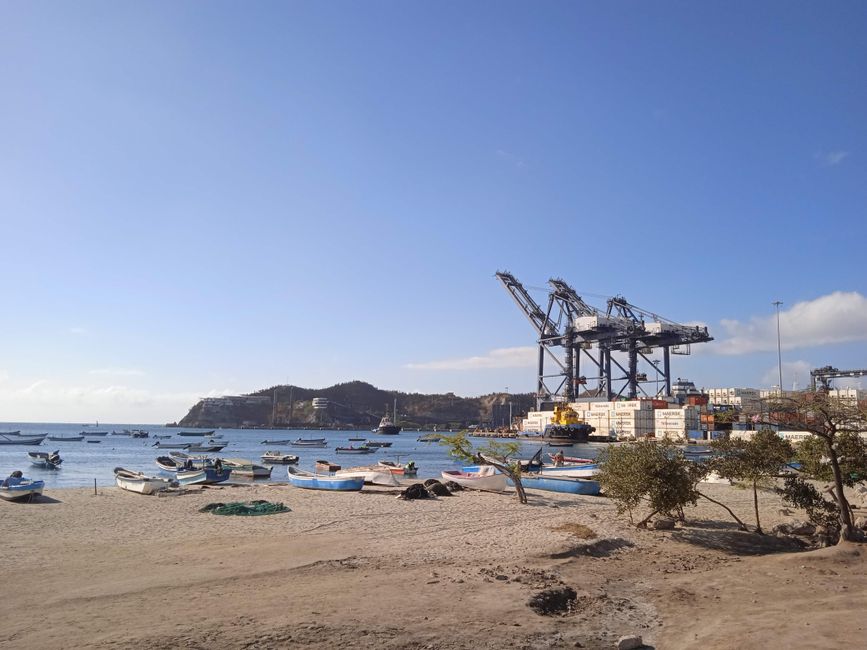
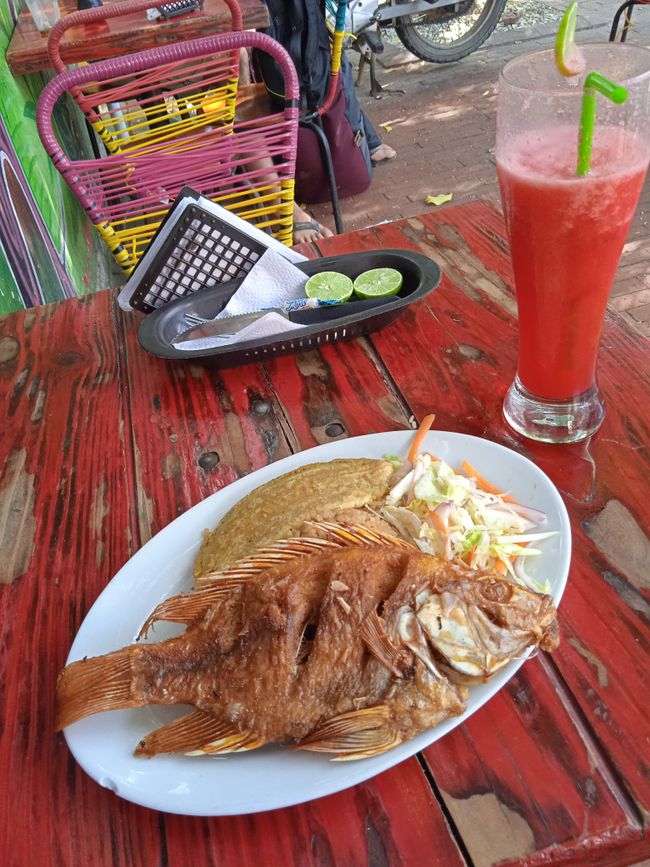

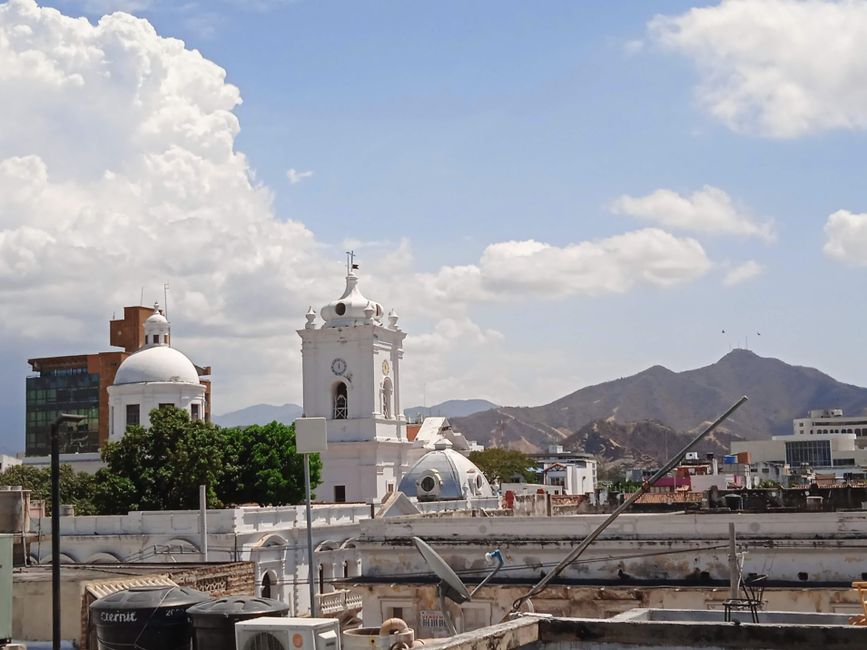
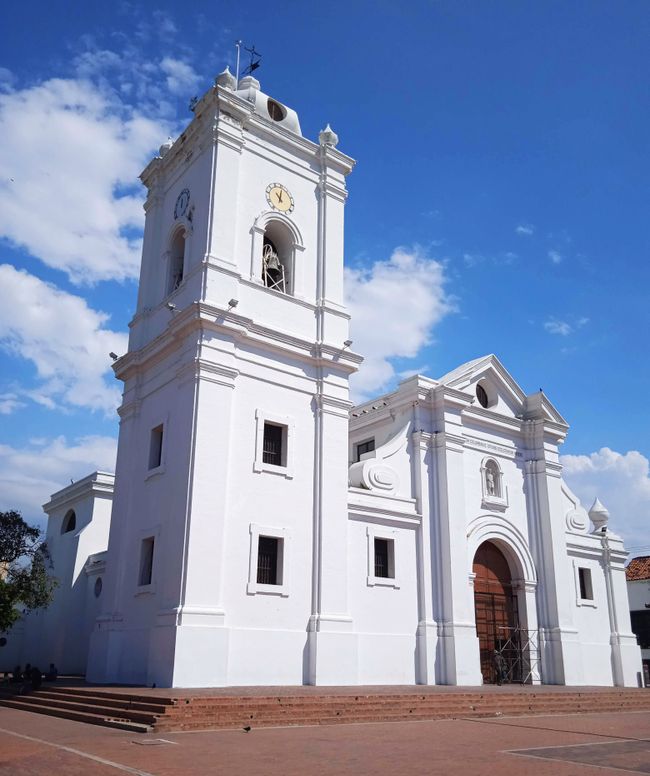
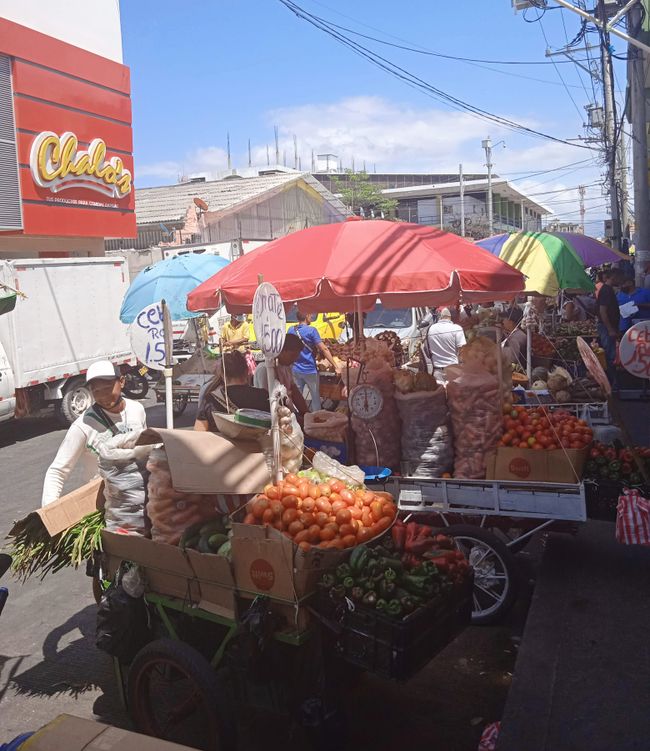
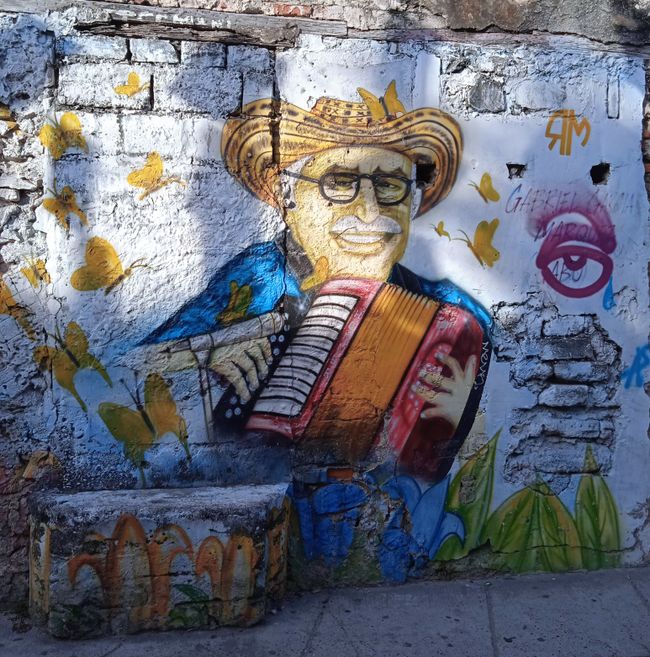
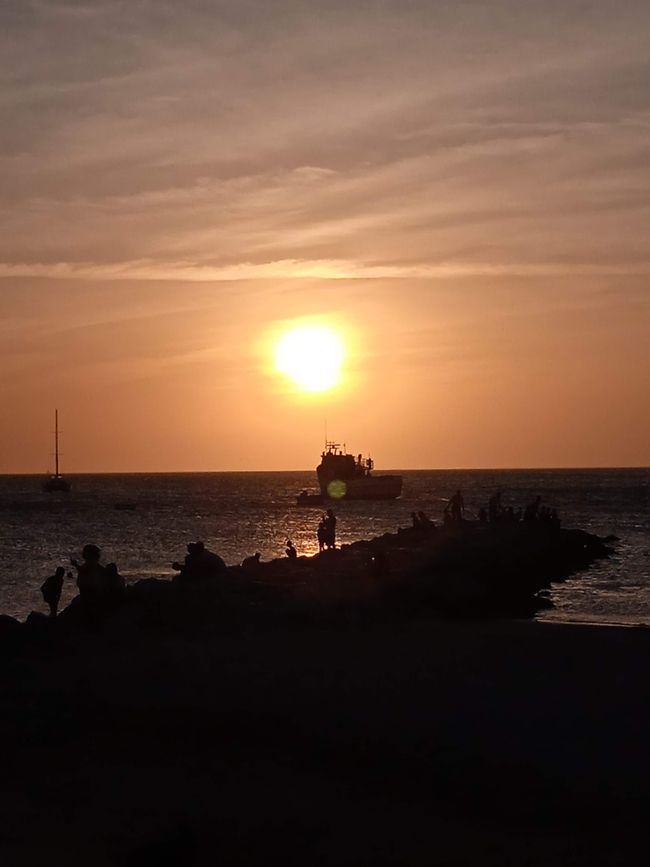

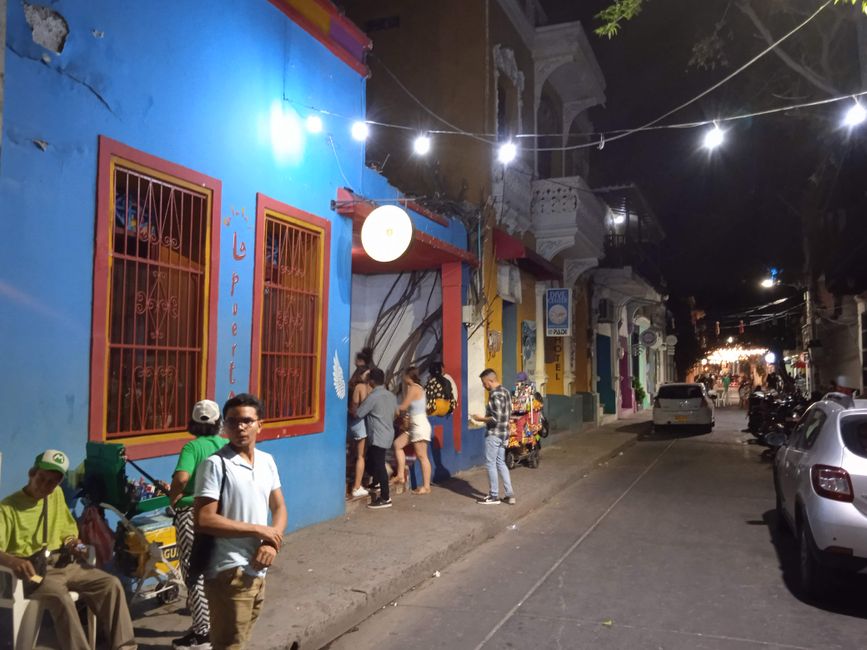
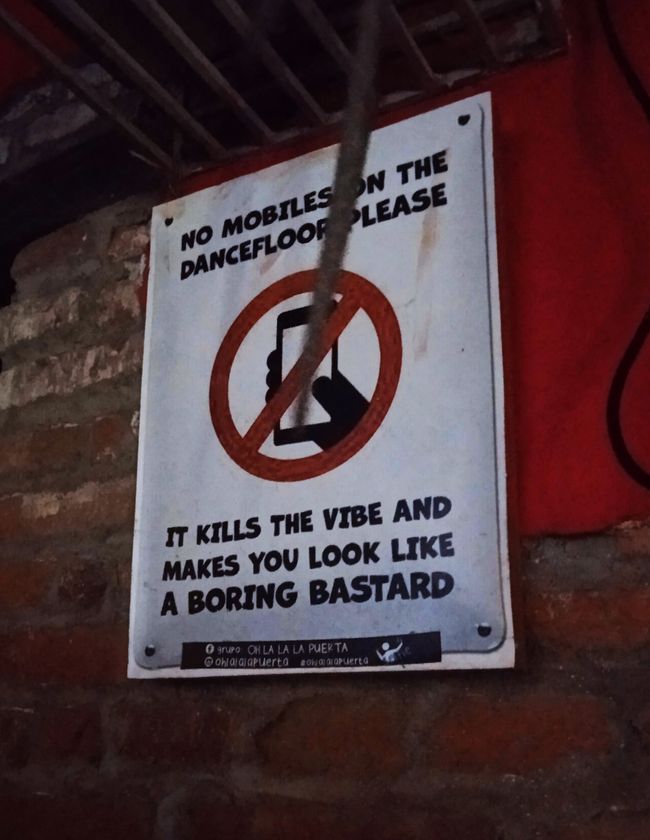
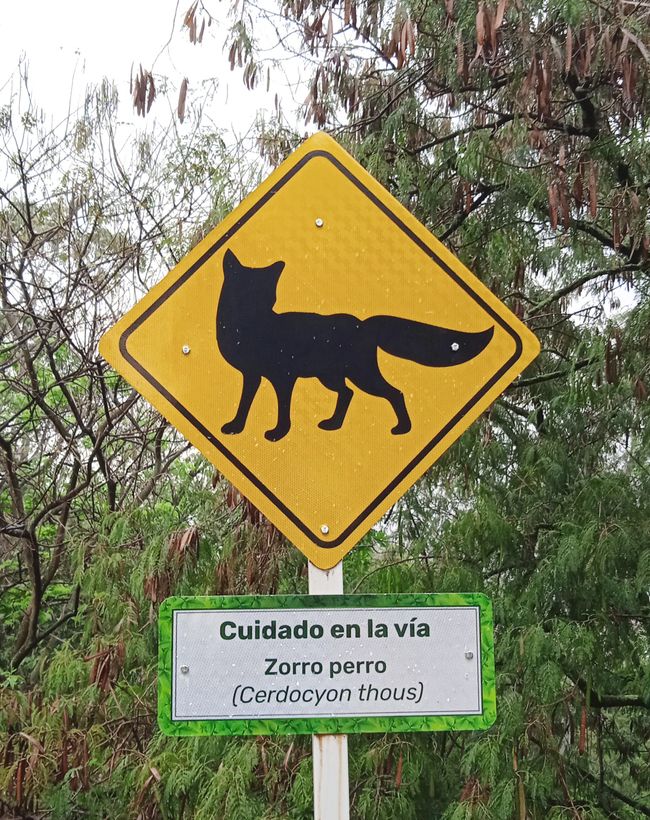

Abonējiet biļetenu
Sad Tropics, I have often thought of the title of Claude Levi-Strauss's book in recent days. The catchy alliteration, which by the way was also the title in the original French version (Tristes Tropiques), has been part of my personal association repertoire for years, and the work of the ethnologist has been sitting half-read on my bookshelf for quite some time.
...
Colombia brought together numerous contradictions, unbridled joy of life and deep melancholy. This became particularly clear to me during my trip along the Caribbean coast. On Friday, I left Cartagena behind and arrived in Santa Marta.
In Santa Marta's city center, there was a sense of exuberance, crowds of people flocked to the bars and pavement cafes. At the same time, the misery in the side streets exceeded anything I had experienced before. Homelessness, begging, and the open consumption of drugs created an uneasy feeling.
Colombia was music. It resounded from hair salons, shops, beach loudspeakers, buses, or house entrances, everywhere and at all times. Latin American rhythms were omnipresent in everyday life and public spaces, among people of all ages. The music conveyed a mood between carnival and longing. In the dance bars, the audience sang along confidently and danced with full body engagement. As a stiff European, I stood aside and swayed rhythmlessly like a gnarled tree in the wind.
Colombia was silence, when the music faded, when topics like politics and society, civil war and colonial times were discussed. Cartagena was the hometown of Gabriel Garcia Marquez, who was particularly proud of it. With his wonderful novel 'One Hundred Years of Solitude,' the Nobel Prize-winning author had created a monument to the Colombian speechlessness in the face of the country's tumultuous history.
In Santa Marta, I experienced both exuberance and melancholy, hedonism and human misery, all in the rhythm of salsa and reggaeton. During the weekend, I also had conversations with some Colombians. Once I got to know my conversation partners a little better, I asked them about their perspectives in Colombia. The answer was almost always the same: emigration, migration to the USA or Europe. - In Guatemala, it was no different, by the way.
Proud of their homeland, but at the same time, lacking prospects in a country that was actually blessed with its natural conditions. After this weekend, I listened to the music with a new perspective and looked at the faces of the people here more thoughtfully.
Abonējiet biļetenu
Atbilde
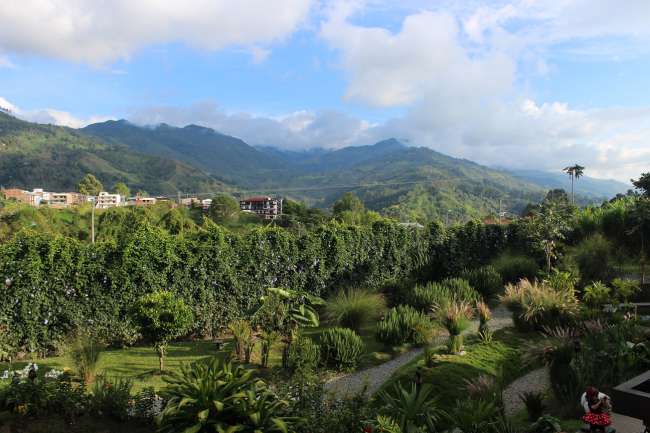
Ceļojumu pārskati Kolumbija
